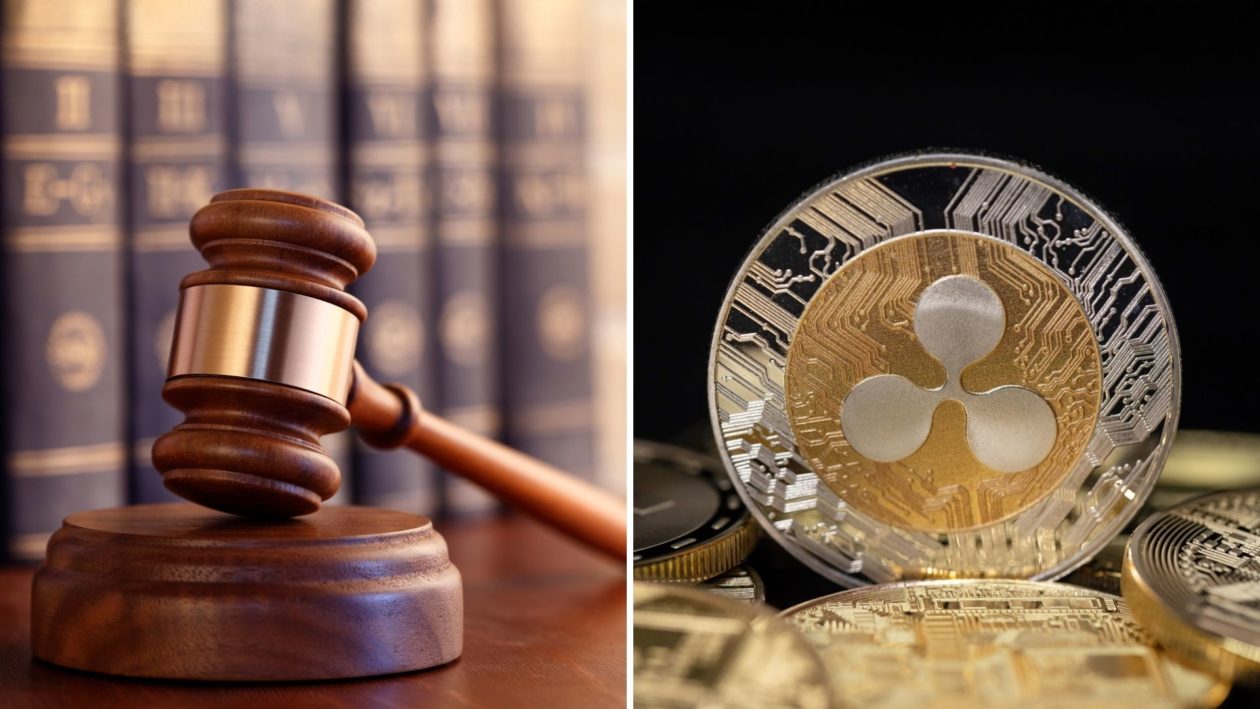U.S. Securities and Exchange has scored a discovery win in the SEC v. Ripple Labs lawsuit, with a court this week granting its request for Ripple’s employee messages on Slack, a popular workplace chat and messaging app.
“The Slack messages sought are relevant to the parties’ claims and defenses and proportional to the needs of the case,” wrote U.S. Magistrate Judge Sarah Netburn in her court order. “Any burden to Ripple is outweighed by its previous agreement to produce the relevant Slack messages, the relative resources of the parties, and the amount in controversy. Accordingly, Ripple is ordered to search and produce responsive documents from the Slack platform from the 22 custodians identified by the SEC.”
Last month the SEC complained to Netburn that Ripple was withholding a “massive quantity” of Slack data that the agency needed to see to build a complete and accurate record for summary judgment and possible trial. “The messages produced show Ripple employees (including custodians whose Slack messages Ripple refuses to search) discussing issues directly relevant to disputes at the heart of this case,” wrote SEC attorney Jorge Tenreiro in his letter to Netburn.
See related article: SEC seeks 1 million Slack messages from Ripple for XRP litigation
Is the SEC on a ‘fishing expedition’?
Ripple had pushed back on the SEC’s demand, calling it a “costly fishing expedition” and “unreasonably duplicative of Ripple’s extensive production of over one million pages of discovery — including emails, documents, text messages, and responsive Slack messages.”
According to Ripple, Slack data collection was a complex and time-consuming task, and its vendor had inadvertently omitted the collection of direct messages and multi-party instant messages from the Ripple employees identified as relevant to the case. SEC’s request for more Slack messages could cost Ripple nearly US$1 million just to collect and process — more than Ripple has spent to date on other e-discovery costs for this lawsuit — and delay the litigation further, Ripple added.
SEC’s case against Ripple
In December 2020, the SEC filed a lawsuit against Ripple alleging that the San Francisco-based payment company’s sale of its XRP token was an unregistered securities offering worth over US$1.38 billion. In the same lawsuit, the SEC also named Ripple’s CEO Brad Garlinghouse and executive chairman Chris Larsen as co-defendants for allegedly aiding and abetting Ripple’s violations.
At the heart of the lawsuit is whether transactions involving XRP constitute “investment contracts” and therefore securities subject to registration under Section 5 of the Securities Act of 1933. The outcome of the SEC’s lawsuit against Ripple and determination of XRP’s status is being closely watched by crypto companies and investors alike for its potentially far-reaching implications for the cryptocurrency industry. The litigation is closing in on the end of its discovery phase, with the deadline to complete expert discovery by November 12.
Tussles over privilege, videos of Ripple meetings
Netburn’s latest ruling following follows her order on Tuesday for the SEC to provide its internal documents that Ripple has asked for but which the SEC asserted are privileged and therefore protected from disclosure — for her “in camera” review, which means that the judge will privately review the SEC’s documents and make a decision on what, if any, information can be made shared.
“The argument is that the defendants have, at least in my view, raised a question as to whether or not the broad application of the privilege is appropriate here, and have identified a series of documents that they believe would establish that the privilege was not invoked appropriately as to those documents,” Netburn said. Both parties have been instructed to submit briefs on the documents where the assertion of privilege is being disputed to Netburn for her to provide guidance as to whether they should be produced by the SEC.
Separately, Ripple has also asked the court for the SEC’s trading preclearance decisions with regard to XRP, Bitcoin and Ether. Netburn had, in June, granted Ripple’s request for the SEC’s trading policies on XRP and other cryptocurrencies. But Ripple says it “cannot know whether the SEC actually prohibited or allowed transactions in XRP, Bitcoin or Ether without the preclearance documents, which the SEC has refused to provide.” The preclearance documents relate to digital assets transactions on a case-by-case basis.
Ripple and Larsen have also this week jointly asked the court to compel the SEC to respond to their interrogatories — or a set of written questions — regarding the SEC’s assertion that the Howey Test applies in the case. The Howey test is used to determine whether a financial product should legally be deemed a security. Under the Howey Test, an investment contract “exists when there is the investment of money in a common enterprise with a reasonable expectation of profits to be derived from the efforts of others.”
The SEC, too, is seeking video and audio recordings of Ripple’s company meetings, including its XRP markets, engineering, SBI town halls, and quarterly business reviews.
See related article: Ripple decries SEC’s demand for employee Slack messages on XRP

